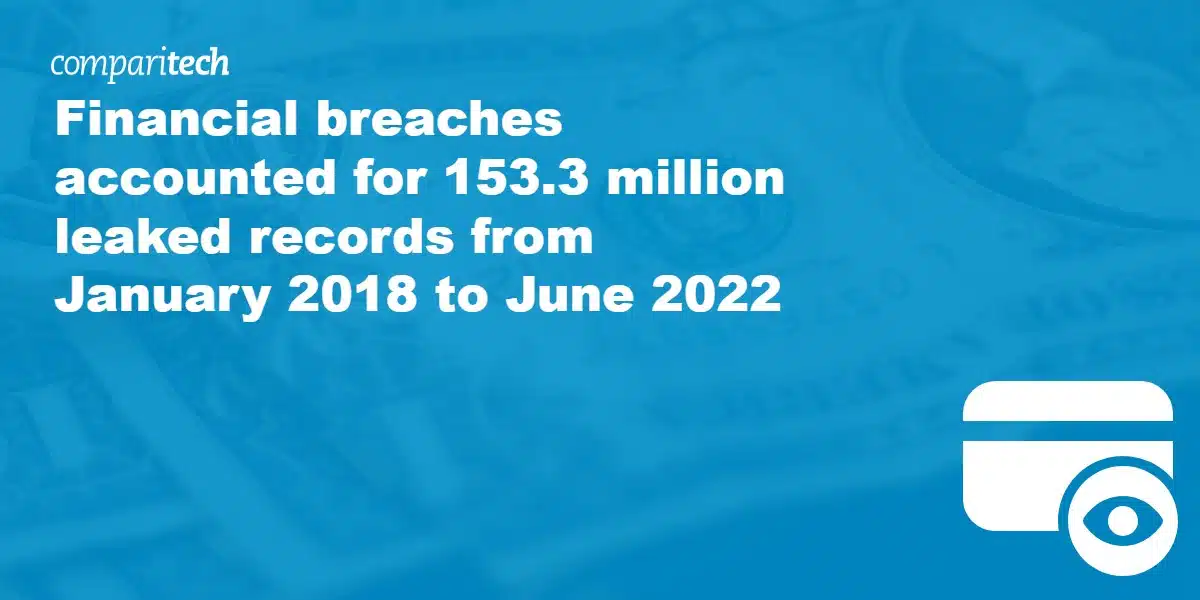In the fintech world, digital transformation creates huge data streams about what customers do with their money. This data creates an opportunity to offer customers helpful insights about their spending. It can also benefit businesses by allowing them to cross-sell relevant products or offers to their customers in the future.
However, banking and payments are the highest-regulated industries, and a data breach can be detrimental to a consumer’s and a business’s finances. Therefore, in order for fintech companies to be successful, the protection of privacy and financial information is crucial to their success.
What is digital transformation?
According to Accenture, digital transformation is “the process by which companies embed technologies across their businesses to drive fundamental change.” Digital transformation can be introduced across some or all parts of a business. For example, a company may use artificial intelligence to help with customer service or big data to predict which products and services their customers will want in the coming months and years.
Benefits to Consumers
Digital transformation has tremendous benefits for consumers. For example, they get their needs met more quickly, and sometimes, it can nearly be automatic. For example, one-click transactions on Amazon make online shopping fast and efficient. Furthermore, big data can help companies send consumers reminders and alerts on items they may want to purchase.
Again, this saves consumers time because they don’t have to search for what they’re looking for. Instead, almost like magic, it can be automatically recommended to them.

Digital Transformation: Benefits to Businesses
Consumers appreciate speed, and this can also benefit businesses. For example, if a business can be the only option recommended to a consumer, their likelihood of a sale increases. Furthermore, by decreasing the friction in the payment process, businesses can increase their revenue as fewer people drop off during the checkout process. In addition, with more data on their clients and automated systems, businesses can automatically recommend additional relevant products their consumers may want, thus increasing the average order amount and their bottom line.
Finally, businesses can benefit from additional consumer data because they more efficiently predict consumer demand to not over-order supply. Ultimately, this can help businesses avoid waste.
Digital Transformation: Risks to Consumers
While access to data can make a major positive impact on both consumers and businesses, there are risks associated with businesses having copious amounts of data on their consumers. Of course, the biggest risk to consumers is their privacy, and their data ending up in the wrong hands. To mitigate this risk, businesses must ensure they adequately protect their clients’ data.

Digital Transformation: Risks to Businesses
As companies participate in digital transformation, they will increase their exposure to cyber-attacks since hackers generally use digital connectivity to access networks and exploit vulnerabilities. Furthermore, as businesses work with additional third-party suppliers to participate in this transformation, they increase potential points of entry for hackers. Also, as the world speeds up, it’s easy for businesses to be hasty regarding embracing digital transformation. No one wants to be left behind and not embrace the newest innovation; however, without a plan, acting quickly without adequately assessing the risks can leave businesses vulnerable to attacks.
How Businesses Can Protect Data
In order to mitigate risks, there are many things companies can do. First, they need to make sure they are monitoring all the areas their business connects to virtually. As part of this, it’s important to use strong passwords and change them regularly. Furthermore, multi-factor authentication is an important feature to add. Companies must also ensure their third-party partners have secure cloud environments and a record of no data breaches. Finally, companies must be strategic when embracing digital transformation and ensure they slow down to assess and mitigate risks before taking on an innovation that can leave them vulnerable to attacks. Due diligence is an important part of digital transformation that should never be overlooked.
The Bottom Line
While data and digital transformation can dramatically improve a company’s bottom line through access to consumer insights, it’s important to remember that with great power comes great responsibility. As a result, businesses need to think strategically about how they will protect their client’s data and continue to improve their processes as new threats evolve.

